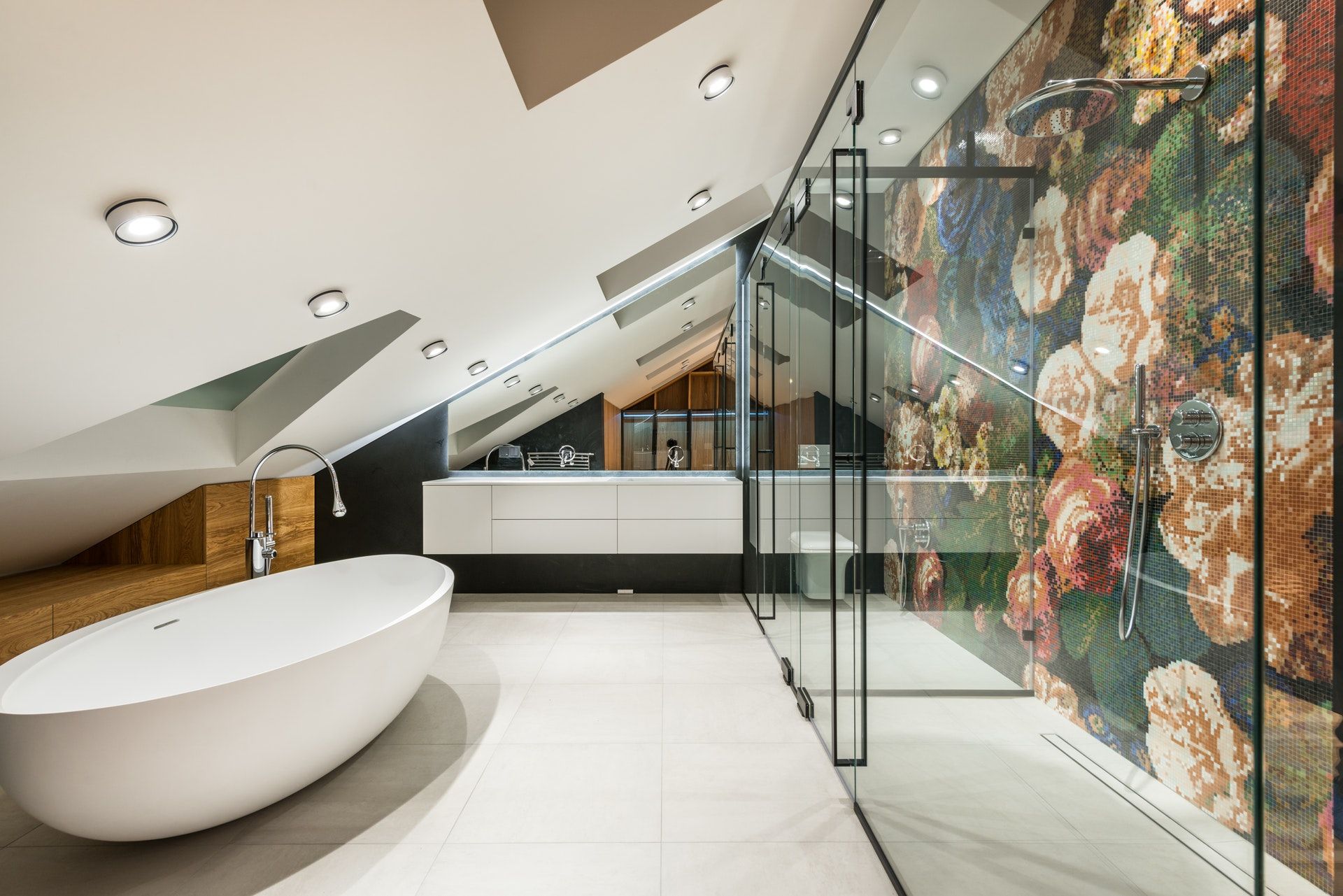When it comes to the construction industry, we are currently dealing with an increase in the importance of specialized small and medium-sized companies on the Polish market. Many of them are capable of implementing even very complex projects. Of course, the industry faces numerous challenges. Some of them are related, for example, to the interpretation of regulations and problems with obtaining financing. Usually, however, professionals, working on the market for years, they have no reason to complain. Nevertheless, the development of a construction company should be planned with a head.
Construction companies operate in a highly competitive environment. Not only do they struggle every day to secure lucrative orders, but they also face the common phenomenon of valuable employees being poached. As the opinion of their environment is of utmost importance to them, they increasingly recognise the need to shape the right image and communicate competitive advantages.
One effective way to grow a business is to choose a niche in which to operate. On the other hand, practice shows that customers expect a construction company a more comprehensive approach. And they are willing to pay more for it, just to avoid having to search for more professionals. All the more so because the flattering references for a construction company, often create more customers than it can handle.
What are the barriers to the development of a construction company?
A construction company wishing to remain in a fairly competitive market and attract new clients must constantly observe the environment. It needs to gain knowledge, draw conclusions and translate them into concrete actions leading to business development. It also has to deal with problems specific to the industry. One of these is the lack of employees with specific skills and experience, resulting from the decline in the popularity of construction training and the emigration of professionals to countries with better financial conditions.
Do you want to effectively promote your construction company?
Take advantage of the knowledge and experience of image building experts.
Another problem hindering the development of construction companyis the growing phenomenon of payment bottlenecks. This phenomenon makes it impossible to start work and complete it on time. And the purchase of construction equipment and materials is a large investment, which is the biggest barrier to market entry. There is also a lack of resources for introducing innovative solutions (help is provided by, among others, leasing machinery and equipment, which enables the implementation of improvements to many processes through automation and improvement of their efficiency).
C.and higher labor and building material costs make it an increasingly frequent phenomenon employment based on "junk contracts"and the staff are there less experienceeni. Looking for savings is sometimes associated with theyborem cheaper equivalents of building materials, and even resignationand from what is unnecessary, although influencing a certain quality.

Development construction company is often blocked by a lack of skills in building a distinctive image. A lack of ideas on how to effectively communicate competitive advantages can also be a problem. Construction companies focus mainly on hiring industry professionals rather than marketing specialists. They are reluctant to look at hiring external companies, treating marketing as a cost rather than an investment. Shaping the company's image is also not possible due to the lack of an effective promotion strategy. In the case of construction companies a very good idea is to advertise on the web. After all, this is where people most often look for companies worthy of recommendation.
Myths related to the development of construction companies
Development strategy it's not a universal template that fits every business. There are myths in every industry that are designed to scare new entrants and discourage them from entering the market. And although there is a grain of truth in every myth, the most important thing is to be able to turn all apparent difficulties to your advantage. And use it in building a competitive advantage.
Myth 1 - I have no place for a small business here
Observing the development of different types of construction investments, one might get the impression that they are the work of only big players with huge capital. However, construction industry is in fact the strength of small companies that mainly deal with interior finishing. As a rule, renovations are carried out by teams of several people, whose best form of promotion is the recommendation of satisfied customers. The volume of demand means that there is room for everyone, even as a subcontractor.
Myth 2 - Small businesses have no chance of making big profits
Not every construction company is able to carry out major road or architectural projects worth tens of millions of zloty. However, when analysing the profits construction companiesFor example, in the field of home renovation and replacement of installations, it can be seen that labour costs are around 30-40%. This is quite a lot, considering that due to the high demand, small construction companies can boldly negotiate the terms of cooperation.
Myth 3 - Winter is a dead season in construction
Negative temperatures, while they inhibit the development of works outside the facilities, do not prevent works inside the buildings. Furthermore, firms of construction should use every 'spare moment' to develop their business, such as preparing marketing plans, online presence strategies, corporate identities and job portfolios. Winter is also the perfect time to actively seek out new customers. For example, by creating websitesthat sell even better - and scheduling work “in season”. These are activities that will pay off in the future.
What development challenges do construction companies face?
In front of the manager construction company faces many responsibilities. These range from scheduling the work, accounting for it, maintaining investment records and reporting on the progress of the work, to planning the next steps and maintaining proper communication with potential clients. Given the high cost of labour, most of these tasks rest on the shoulders of one person, which unfortunately does more harm than good.
Expanding the range of services offered
To answer the question, how to develop a construction company, it is worth considering extending the range of services offered. Analysing business plan for a construction company, it is possible to identify areas in which the company can specialise, such as interior work, renovation of historic buildings or ecological installations. Introducing new services will not only attract new clients, but also increase competitiveness in the market. It is also worth updating construction company websitesto clearly communicate the company's new capabilities and competences.
Effective marketing and branding
Nowadays marketing the construction company plays a key role in its development. Professionally designed construction company websites are the business card of a company and are often the first point of contact with customers. It is therefore important that they are modern, intuitive and contain up-to-date information. In addition, positioning of the construction industry on the internet allows you to reach a wider audience.
There is a belief in the construction industry that the best form of advertising is the work done. And although this is true, the skillful and effective presentation of the portfolio to an unknown group of recipients is a real challenge. Build attractive and appropriate positioned a website and running engaging and popular profiles in social media require appropriate communication skills and creating appropriate experiences, so it is worth commissioning them to an experienced marketing agency.

An equally important aspect of doing business in construction industry is to take care of public relations and maintaining the appropriate level of customer service. If a company wants to be perceived as modern and professional, it should also focus in its daily activities on implementing solutions supporting contact with customers and creating an offer in terms of specific needs and preferences.

